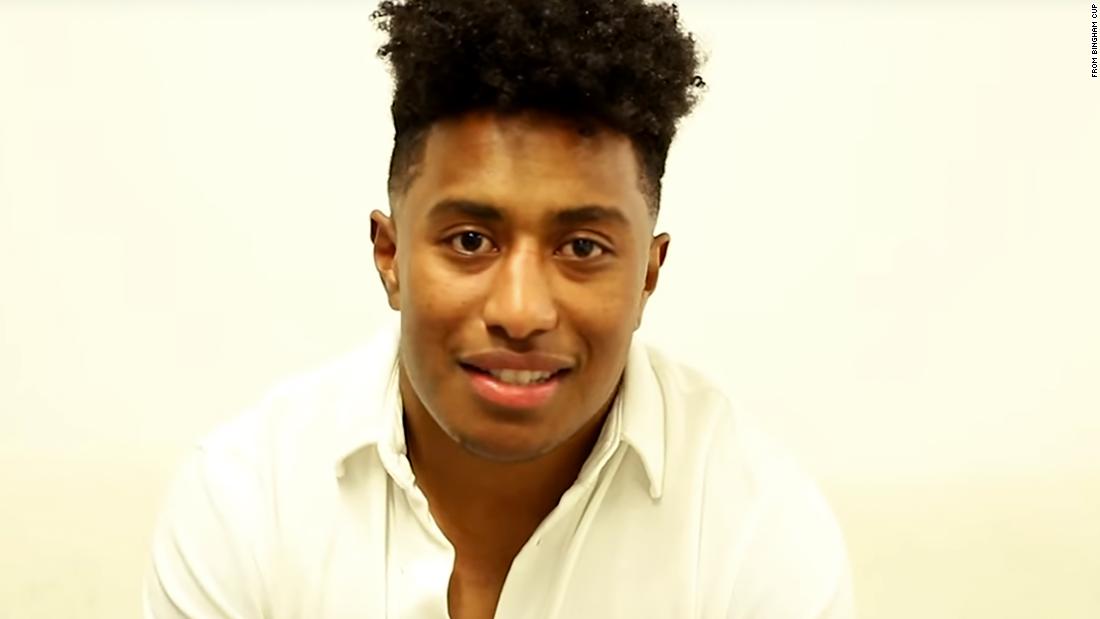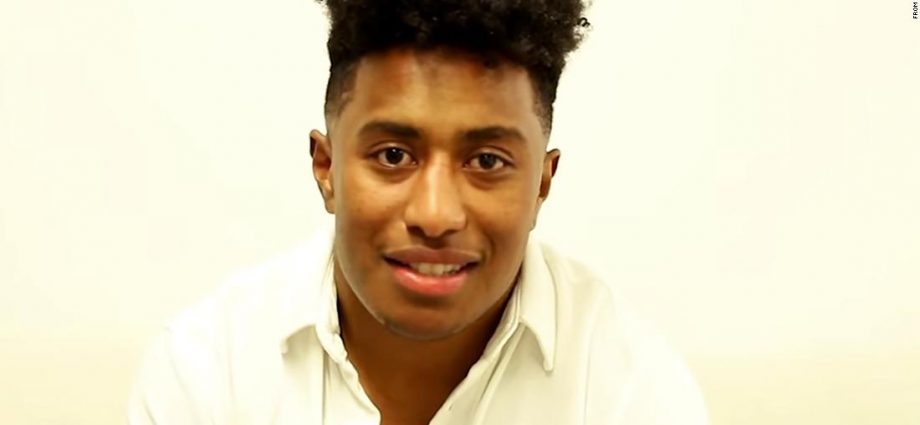
During the “Transphobia and Homophobia in Sport” portion of a summit hosted during the Ottawa tournament, Green on Tuesday laid out the details of how he transitioned in the wake of his rugby career, which saw him win gold at the 2016 Olympics in Rio de Janeiro and silver at the 2018 Commonwealth Games in Australia.
In Green’s video, the 29-year-old noted the transition was motivated by a desire to be true to himself after his career in sport.
“One promise that I made to myself (is) that when my rugby career ended, I would continue to live the rest of my life in the identity, in the body that I should have,” he said.
Green also discussed the “daunting” task in revealing his transition to the public.
“That’s a really difficult thing to do in this time and day,” he said. “All you have to do is turn on the TV, look on social media platforms, and you can see the amount of bullying, harm and discrimination that goes on about gender identities. It’s extremely harmful.”
Gender in sport has been a hot topic in recent months in rugby, as World Rugby, the sport’s global governing body, banned transgender women from competing in women’s rugby in 2021, citing safety concerns and “performance advantages.” Green says he is keen for inclusion to take priority in regard to the balancing act of trans athletes in all sport.
“Banning transgender people from sport I think is disgraceful, and I think it’s hurtful,” he said in the video.
“I think that the rates of suicide and mental health will get even worse” for trans and gender-diverse youth, he said.
Green was born in Suva, the capital of Fiji, before being adopted by an English mother and a Polish father. The family lived in Fiji for Green’s early years before moving to Australia when his father became unwell.
He made his international debut for Australia’s sevens team in 2013, playing as a winger, and retired as the fourth-highest try scorer in the sport’s history with 141.
Green now has a 6-month-old child with his partner.

